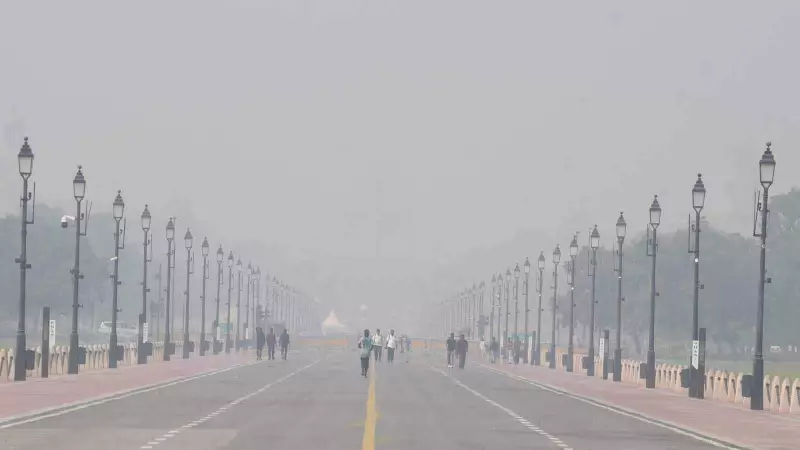
The national capital region woke up to another day of hazardous air as Delhi-NCR's air quality index (AQI) plunged to 306 on Friday morning, officially entering the 'very poor' category. The alarming spike in pollution levels has triggered immediate action from authorities and raised serious health concerns among residents.
Pollution Crisis Intensifies Across Delhi-NCR
According to the latest data from monitoring agencies, multiple areas across Delhi and the National Capital Region reported dangerously high pollution levels. The deteriorating air quality has prompted the Commission for Air Quality Management (CAQM) to swiftly implement Stage I of the Graded Response Action Plan (GRAP).
Key Pollution Hotspots Identified
Several monitoring stations recorded particularly worrying readings:
- Anand Vihar registered a severe AQI of 346
- Wazirpur recorded 332 in the 'very poor' range
- Dwarka Sector-8 reported 323 AQI
- Major Dhyan Chand National Stadium area showed 319
GRAP Stage I Measures Activated
With the AQI breaching the 300-mark, authorities have enforced the first stage of anti-pollution measures under GRAP. This includes:
- Strict enforcement of pollution control norms at construction sites
- Enhanced public transportation services to reduce private vehicle usage
- Regular mechanized cleaning of roads and dust control measures
- Increased vigilance against waste burning and industrial pollution
Weather Conditions Worsen Situation
Meteorological factors are contributing significantly to the pollution buildup. The India Meteorological Department (IMD) reported unfavorable weather conditions including:
- Calm winds preventing dispersion of pollutants
- Low mixing height trapping pollutants near the surface
- High moisture content in the air
These conditions are expected to persist, potentially leading to further deterioration of air quality in the coming days.
Health Advisory for Residents
Medical experts have issued urgent health warnings, particularly for vulnerable groups:
- Children, elderly, and people with respiratory conditions should avoid outdoor activities
- Morning and evening walks should be minimized when pollution levels peak
- Use of N95 masks recommended when stepping outside
- Air purifiers advised for indoor spaces
The situation remains critical as authorities monitor the air quality closely, with the possibility of implementing stricter measures if conditions don't improve. Residents are advised to stay updated with official advisories and take necessary precautions to protect their health.





